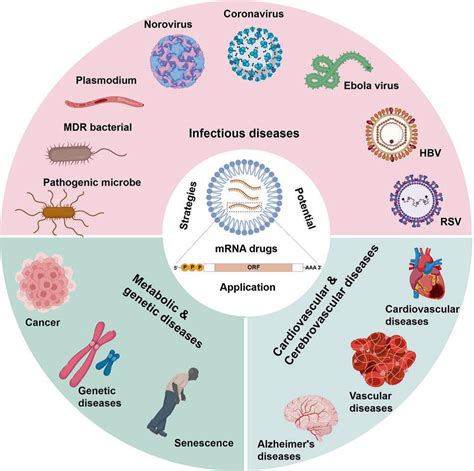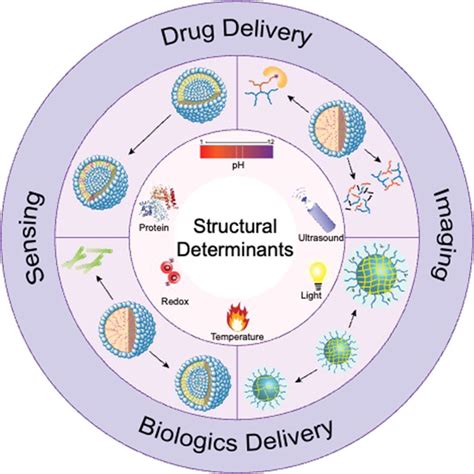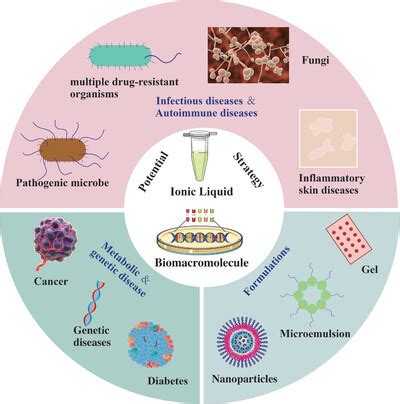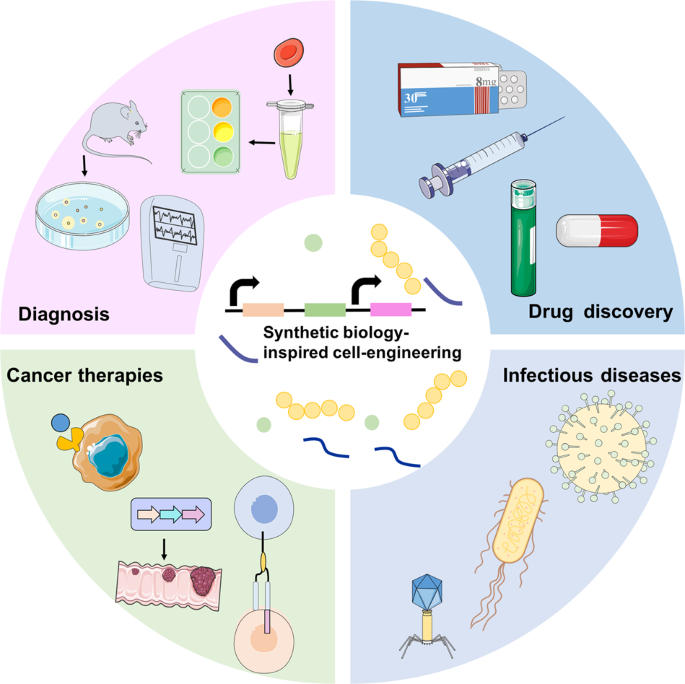Genetically modified (GM) food represents one of the most significant advancements in biotechnology, offering the potential to transform food production and address global challenges such as food security and sustainability. By applying genetic modification techniques, scientists have developed crops with enhanced nutritional value, improved resistance to pests, and increased yields. However, alongside these innovations come questions and concerns about the safety, ethics, and environmental impact of GM foods. In this article, we will explore the innovations driving GM food, the benefits they offer, and the controversies that shape public perception and regulation, shedding light on the future of genetically modified food in modern biotechnology.
Join qert.xyz as we uncover the details of this topic.
1. Why Genetically Modified Food Matters in Modern Biotechnology
Genetically modified food plays a crucial role in modern biotechnology due to its potential to address some of the world’s most pressing issues, such as hunger, climate change, and population growth. By altering the genetic makeup of crops, scientists can create food that is more resilient, nutritious, and sustainable. This technological advancement enables farmers to grow crops that are resistant to pests, diseases, and extreme weather conditions, reducing the need for harmful pesticides and increasing overall productivity.
Moreover, GM food innovations are helping to enhance the nutritional value of staple crops, potentially alleviating malnutrition in developing regions. Biotechnology companies and researchers are continuously developing new GM varieties to meet the evolving demands of global agriculture. While the adoption of genetically modified food is still met with skepticism in certain areas, its importance in ensuring food security and reducing the environmental impact of traditional farming practices highlights its vital role in the future of agriculture and biotechnology.

2. How Genetic Modification is Applied to Food Production
Genetic modification in food production involves altering the DNA of plants to achieve desired traits, such as increased resistance to pests, enhanced nutritional content, or improved tolerance to environmental stress. This process begins by identifying specific genes responsible for these traits in other organisms, which are then inserted into the genetic material of the target crop. The primary techniques used in this process include gene splicing, CRISPR-Cas9 gene editing, and recombinant DNA technology.
Once the genetic modification is complete, the modified crops are grown and tested under controlled conditions to assess their performance. These crops are often subjected to rigorous testing to ensure they meet safety standards and perform as expected in real-world agricultural settings. For example, genetically modified corn may be engineered to resist insects, reducing the need for chemical pesticides, while soybeans might be modified to improve their oil content for better nutritional value.
Genetically modified food production also plays a key role in addressing climate change, as many GM crops are designed to withstand extreme weather conditions such as drought or flooding. This adaptability can lead to more stable food supplies in regions affected by unpredictable climate patterns. Ultimately, genetic modification in food production enables farmers to produce more resilient, nutritious, and sustainable crops, offering potential solutions to global agricultural challenges.

3. What are the Key Innovations in Genetically Modified Food
Key innovations in genetically modified food have revolutionized agriculture and food production by introducing several groundbreaking improvements. One major advancement is the development of crops with built-in pest resistance, such as Bt cotton and Bt corn, which produce proteins toxic to specific pests, reducing the need for chemical pesticides. Another significant innovation is herbicide resistance, exemplified by crops like Roundup Ready soybeans, which allow farmers to apply herbicides to control weeds without harming the crops.
Nutritional enhancement is also a key focus, with genetically modified crops like Golden Rice, enriched with Vitamin A, addressing deficiencies in developing countries. Additionally, drought-resistant varieties, such as those developed by biotechnological advances, help crops withstand extreme weather conditions, supporting food security in climate-affected areas.
Moreover, scientists are creating genetically modified plants that can produce pharmaceuticals and other valuable compounds, known as “pharming.” These innovations highlight the potential of GM food to not only improve agricultural efficiency but also contribute to health and sustainability on a global scale.

4. Why the Benefits of Genetically Modified Food are Critical for the Future
The benefits of genetically modified (GM) food are critical for the future due to their potential to address pressing global challenges. One major advantage is improved food security. GM crops can be engineered to withstand harsh environmental conditions, such as drought and flooding, which are becoming more frequent due to climate change. This resilience helps ensure a stable food supply even in adverse conditions, reducing the risk of crop failure and food shortages.
Nutritional enhancements offered by GM foods also play a crucial role in combating malnutrition. For example, crops like Golden Rice, enriched with Vitamin A, can help alleviate deficiencies in regions where staple foods are lacking essential nutrients. Additionally, GM crops that are resistant to pests and diseases can reduce the need for chemical pesticides, leading to healthier ecosystems and less environmental pollution.
Furthermore, GM foods have the potential to increase agricultural efficiency by boosting crop yields and reducing production costs. As the global population continues to grow, these advancements are essential for meeting future food demands sustainably and ensuring that resources are used more effectively.
5. How Public Perception and Regulation Shape the Future of GM Food
Public perception and regulation play pivotal roles in shaping the future of genetically modified (GM) food. The acceptance of GM foods by the public varies widely, influenced by factors such as trust in science, environmental concerns, and ethical considerations. While some view GM foods as essential for addressing global challenges like food security and climate change, others raise concerns about potential long-term health effects, environmental impact, and corporate control over food systems.
Regulation of GM foods is critical to addressing these concerns and ensuring safety. Regulatory agencies, such as the FDA, USDA, and EFSA, rigorously evaluate GM crops for safety, efficacy, and environmental impact before they are approved for commercialization. These agencies require extensive testing and labeling to inform consumers and ensure that GM foods meet stringent safety standards.
Public opinion and regulatory policies often influence each other. For instance, consumer demand for transparency has led to stricter labeling laws in various countries, reflecting a growing desire for informed choices about GM foods. Additionally, ongoing debates and research can prompt changes in regulatory frameworks, ensuring that they keep pace with technological advancements and public concerns.
Ultimately, the future of GM food will be shaped by a balance between innovation and public trust. Transparent research, effective regulation, and open dialogue between scientists, policymakers, and the public will be essential in navigating the complex landscape of genetically modified food.
6. What Controversies Surround the Use of Genetically Modified Food
Controversies surrounding genetically modified (GM) food center on several key issues. One major concern is the potential long-term health effects of consuming GM foods, with some arguing that insufficient research has been conducted to fully understand their impact on human health. Critics worry about the possibility of unforeseen allergic reactions or other health risks.
Environmental concerns also play a significant role. Opponents of GM foods argue that they can lead to biodiversity loss, as genetically modified crops may outcompete native plants and disrupt local ecosystems. There is also apprehension about the development of resistant pests and weeds, which could result from the widespread use of GM crops.
Economic and ethical issues further complicate the debate. The dominance of a few large biotech companies in the GM food sector raises concerns about corporate control over the food supply and the potential exploitation of farmers. Additionally, ethical debates often focus on the manipulation of genetic material and its implications for nature and future generations.
These controversies highlight the need for ongoing research, transparent dialogue, and balanced regulation to address the diverse concerns a
7. Why Continued Research and Innovation in GM Food are Essential
Continued research and innovation in genetically modified (GM) food are essential for several reasons. First, as global challenges such as climate change, food security, and population growth evolve, so too must our agricultural solutions. GM food research allows for the development of crops that can withstand extreme weather conditions, resist pests and diseases, and enhance nutritional content, all of which are crucial for meeting future food demands sustainably.
Moreover, ongoing research helps address and mitigate the controversies associated with GM foods. By investing in scientific studies and technological advancements, researchers can better understand the long-term health effects and environmental impacts of GM crops, leading to more informed regulatory decisions and public trust.
Innovation in GM food also supports economic growth and agricultural efficiency. Advanced genetic engineering techniques can lead to higher crop yields, reduced production costs, and less reliance on chemical inputs, benefiting farmers and consumers alike. Additionally, continuous innovation can expand the range of GM crops, offering solutions to specific regional challenges and improving food diversity.
In summary, sustained research and innovation in GM food are vital for advancing agricultural practices, ensuring food security, addressing public concerns, and fostering a sustainable and resilient food
Genetically modified food represents a transformative advancement in biotechnology with the potential to address critical global challenges. From enhancing crop resilience and nutritional value to navigating complex public perceptions and regulatory landscapes, GM foods offer numerous benefits. Continued research and innovation are essential to maximize these advantages, resolve controversies, and ensure a sustainable and secure food future. Embracing this technology responsibly can lead to significant progress in agriculture and health.
qert.xyz

